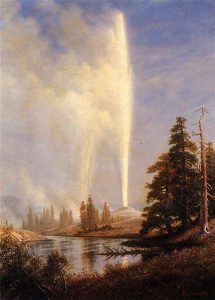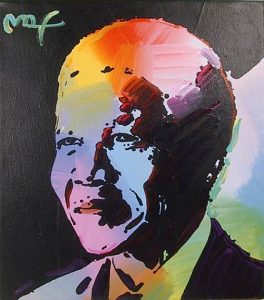Isaiah 50:4-9a
This text is used for the Lectionary Year A on April 9, 2017.
 My youngest daughter has me on a very high pedestal. Her trust in me is limitless. When something breaks, her response is, “Daddy can fix it.” When a comparison is drawn among her little friends, I am always the victor. When in fear she thinks, “Daddy will save me.”
My youngest daughter has me on a very high pedestal. Her trust in me is limitless. When something breaks, her response is, “Daddy can fix it.” When a comparison is drawn among her little friends, I am always the victor. When in fear she thinks, “Daddy will save me.”
The “servant of Yahweh” plays a central role in second Isaiah. It’s exegetically correct to note that nothing significant distinguishes who this servant is. However, Christians typically hold that this is a foretelling of Jesus. Jewish tradition holds that the servant is actually the community of Israel. In either case, the fact holds that the servant is faithful to Yahweh, in the midst of mistreatment.
This is one section of a more complete picture that second Isaiah is trying to paint of a singular “servant of Israel.” The entire narrative captured in Isaiah 49:1-50:11. The breakdown of the passage is as following:
The servant introduced 49:1-7
Reaffirmation of return and restoration 49:8-13
Israel’s statements of reluctance 49:14,24
Yahweh’s answers to their reluctance 49:15-23,25-26
Yahweh’s statements about exile 50:1-3
The obedient servant 50:4-9
Reprobation if they follow their own light 50:10-11



